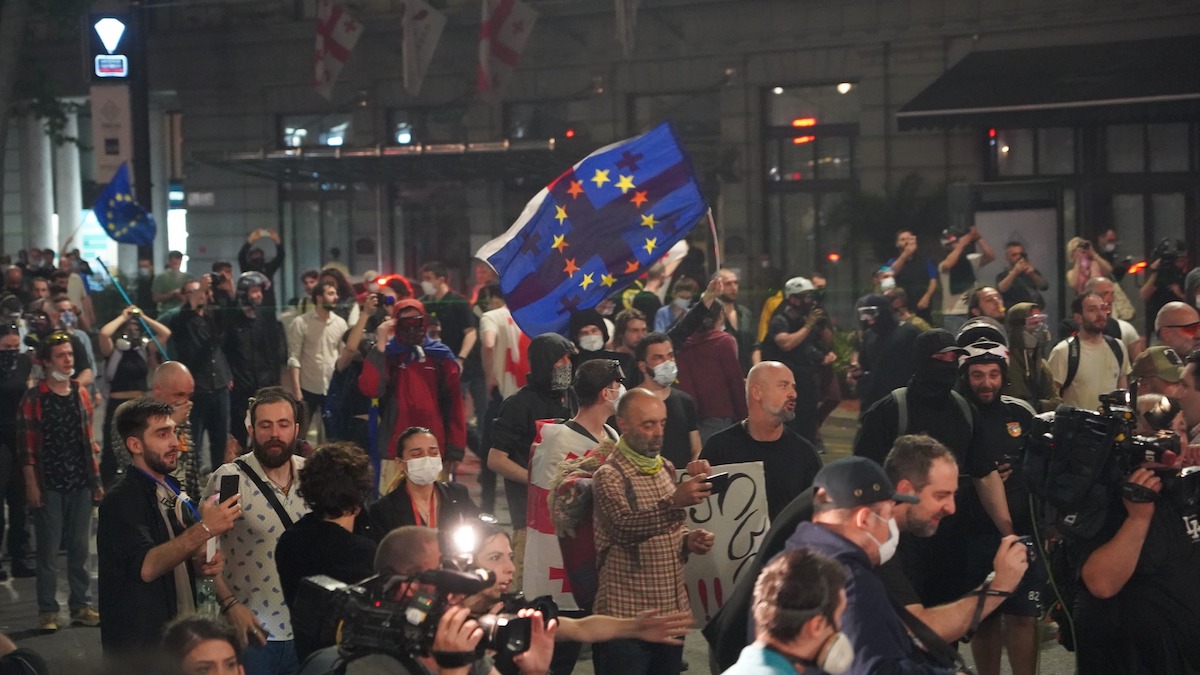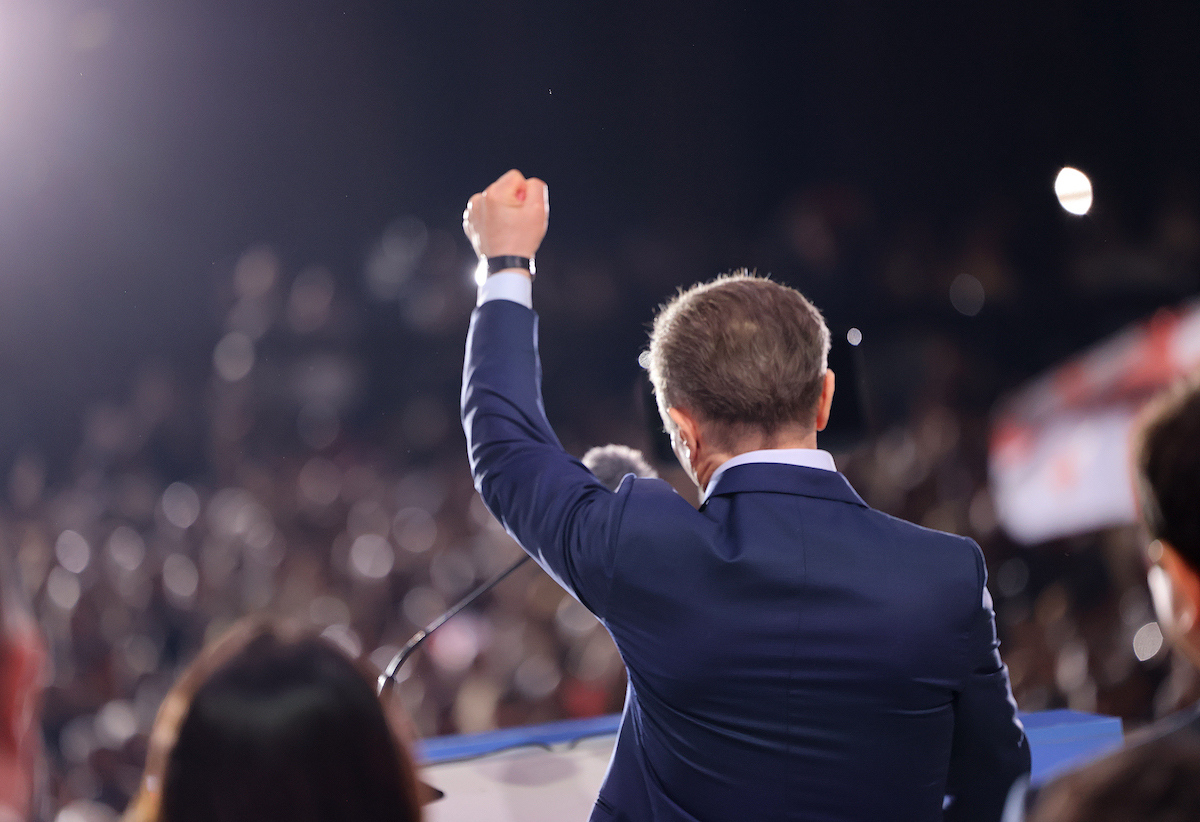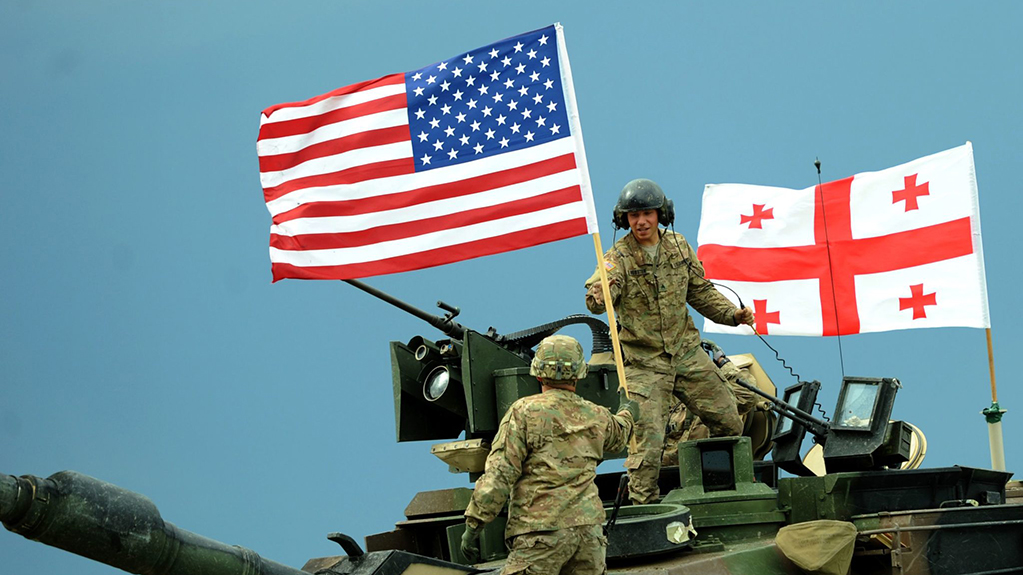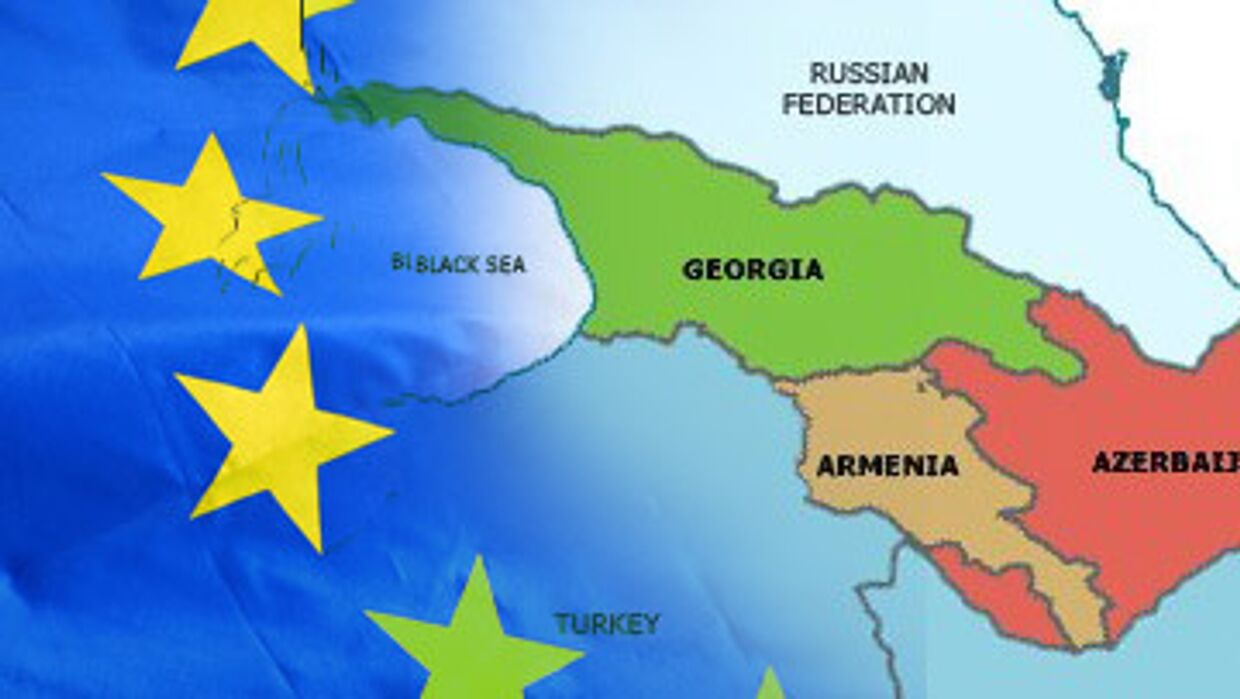'Everything is on hold until the elections, but nothing has stopped,’ and other points from Georgia's President's briefing
Georgia’s President challenges Ivanishvili to a debate
“‘Everything is on hold until the elections, but nothing has stopped,’ said Georgian President Salome Zurabishvili at a press conference. She also invited Bidzina Ivanishvili, the honorary chairman of the ruling Georgian Dream party, to a debate, stating that Ivanishvili needs to clarify his positions on what he wants for the country.”
Key points from the President’s remarks:
On Bidzina Ivanishvili
‘No one can understand where he is, what he wants, why he wants it, and what he is doing with this country,’ said Georgian President Salome Zurabishvili. ‘If he won’t meet with me personally, he should come to the debates. I’m ready and invite him to debate. If he considers himself the main ruler, he should come. I expect lively debates.
I don’t need explanations myself; I look at the facts and see where the country is headed. But the public needs clarity on certain issues. Explain why a corrupt prime minister was dismissed twice, as society knows it was partly due to corruption. Then he was brought back, given a new position, and the most unpopular person was appointed as prime minister.
Why has Ivanishvili harmed this country? Shouldn’t he explain this to us before the elections? “We will have a vigorous debate with him.
Mr. Ivanishvili has said nothing to his people and offered no explanations. Why did he change the government’s course, causing such damage that isolated the country and weakened our united nation?
No one has forgotten the day Georgia was granted EU candidate status—how joyful everyone was and how we all congratulated each other. All of that was undone to implement a meaningless and unnecessary ‘foreign agents’ law. Why? Has anyone explained this to us?
We have heard two important messages from him that are likely not his own. These messages foster hostility, first towards our partners and second towards the public.
He promises the public retribution and direct repression.
On the suspension of U.S. aid to Georgia
“‘America’s reaction and its statements are not surprising. How else could it be when you have spent over 30 years aiding a country in state-building, not only materially but also through every effort to help it become an independent, economically stable state? And suddenly, without any explanations, you are labeled an enemy, accused of various things, and confronted with strange and unprecedented conspiracy theories.
How should America respond? Certainly, its clear and firm reaction was to be expected. I don’t know if the government is surprised; it probably shouldn’t be.
It’s likely that the authorities were aware of this, especially after Ivanishvili’s speech on April 29, which represents the culmination of all previous steps. This is a completed concept.
America isn’t a child in the family to be played with; it is one of the strongest countries in the world. To treat it this way and think there will be no reaction? As President of Georgia, I regret all of this.
Here’s what I’ll say to Senator Jeanne Shaheen, who is coming to Tbilisi in a few days: I don’t understand just two things, but the rest is correct. We need to accept their decision, understand it, and correct as much as we can as a society.
But I don’t understand the budget cuts for our army or the funding restrictions for the Lugar Laboratory.
There are many areas where the government can and should be held accountable, but this should not extend to the military, which is the sole pillar of the Georgian state, especially given that it is entirely supported by America. This I do not understand and will certainly investigate.
It is clear why the exercises are postponed—until after the elections. Until things are clarified, some signals can be given. But touching the military is unacceptable.
Our army enjoys the full trust of the public and is truly, one might say, the sole pillar and defense of our state.
On the technical government and opposition
“The Georgian Charter states that the electoral environment must be free, and we must not end up in the same fragmented situation we have endured for years.
The ‘Georgian Charter’ – a plan proposed by President Salome Zurabishvili – aims to unite pro-European opposition under a single symbolic banner to counter the pro-Russian ruling party, Georgian Dream, in the parliamentary elections on October 26.
Ultimately, the people of Georgia will decide who has fulfilled these promises and commitments and who has not. I will ensure that those currently failing to meet their obligations are identified. In the parliamentary elections, the public will determine whom they trust and whom they do not. This is a moment for rebuilding trust.
Political parties rarely have the opportunity to truly fulfill the people’s mandate and restore democratic legitimacy. They will be able to say, ‘Here, I have delivered on my promises, offering a real program and direction, so vote for me.’ In these elections, no group should assume they personally receive a mandate from the people. Instead, the mandate will go to the Charter, representing the people’s choice for a path towards Europe.
Political parties exist to express diverse viewpoints and provide everyone with the opportunity to voice their opinions. However, the goal is a unified platform and consensus – one purpose with a diversity of parties.
There is no time for debates over which current candidate will become prime minister. In reality, reaching an agreement among political parties on any particular individual for the premiership will be extremely difficult, if not impossible.”






















